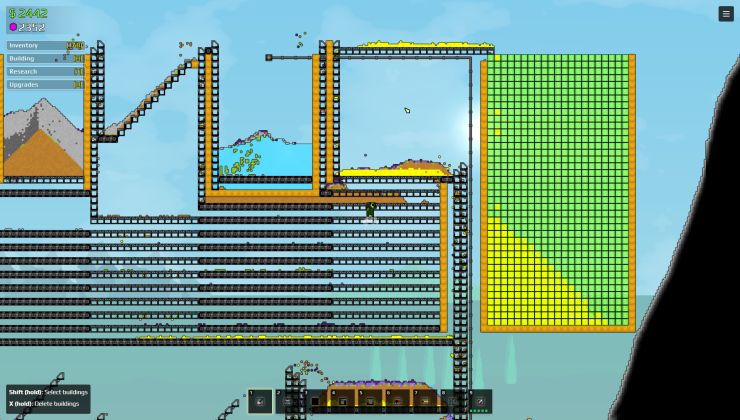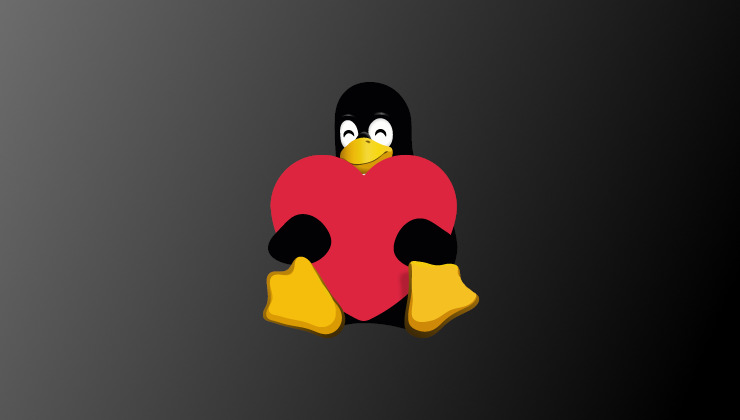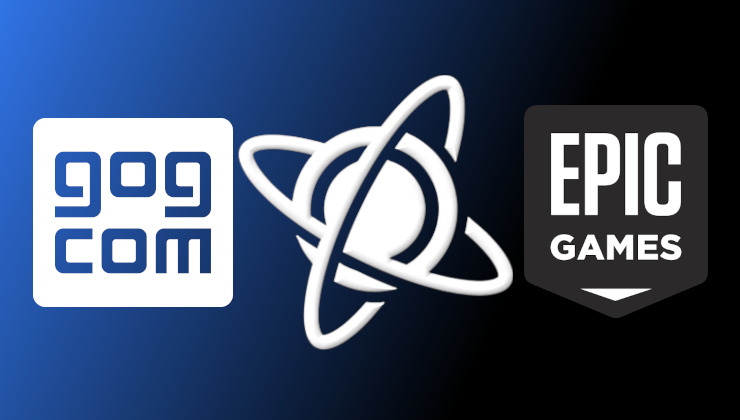Steam for Chrome OS is here. For real this time, they've actually released it, unlike when they claimed it was released during their recent developer event. Now though it's here at an "alpha-quality" level, meaning prepare for bugs and other weirdness.
Not only will this help those using Chromebooks do some gaming but Linux gaming as a whole too. Chrome OS is powered by Linux, and the Steam client on Chrome OS is the Linux version inside their special container — it works for both native Linux games and Windows games run with Steam Play Proton. Although, you do need to enable Steam Play manually (same as on a normal Linux desktop).
Starting with Chrome OS version 14583.0.0 which is in the "Dev" channel, here's what Chromebooks are currently supported for it (as long as they don't have an i3 CPU or less than 8GB RAM):
- Acer Chromebook 514 (CB514-1W)
- Acer Chromebook 515 (CB515-1W)
- Acer Chromebook Spin 713 (CP713-3W)
- ASUS Chromebook Flip CX5 (CX5500)
- ASUS Chromebook CX9 (CX9400)
- HP Pro c640 G2 Chromebook
- Lenovo 5i-14 Chromebook
There's a number of issues to begin with like anti-cheat not working with Proton games (even those with it turned on for Linux), Windows games using DirectX 12 don't start and more. You can see the list of issues, some tested games and instructions on their "Steam on Chrome OS Alpha" website.
The architecture of Chrome OS is really overcomplicated. They insist on running everything in those "containers", which are actually more like a full blown VM's, because not even the kernel is shared with the host. That is why everything is in constant alpha, and takes forever to integrate into the system. Just seems so counter-productive to me.All for the purpose of deliberately crippling the OS so nobody can do anything much except run the browser. It's not bad to use . . . until you want to do something exotic, like save a word processing document to your thumb drive.
All for the purpose of deliberately crippling the OS so nobody can do anything much except run the browser. It's not bad to use . . . until you want to do something exotic, like save a word processing document to your thumb drive.
That's so nineties, though!
;)
The more places you can buy, run and play games that are compatible with Linux, the more incentive there is to make games that you can buy, run and play on Linux. It'll help, even if just a little bit, boost the marketshare a bit further, eventually.
The architecture of Chrome OS is really overcomplicated. They insist on running everything in those "containers", which are actually more like a full blown VM's, because not even the kernel is shared with the host. That is why everything is in constant alpha, and takes forever to integrate into the system. Just seems so counter-productive to me.Some people have been suggesting it's because this separation would allow them to swap out the system underneath if they want to. So, they could swap out the underlying Linux kernel with Fuchsia for instance and not affect the containers running on top. Who knows if that will ever materialize or if Google does the Google thing and just throws Fuchsia away, but at least the explanation would make sense.








 How to install Battle.net on Linux, SteamOS and Steam Deck for World of Warcraft and Starcraft
How to install Battle.net on Linux, SteamOS and Steam Deck for World of Warcraft and Starcraft How to play games from GOG and Epic Games on Linux, SteamOS and Steam Deck
How to play games from GOG and Epic Games on Linux, SteamOS and Steam Deck